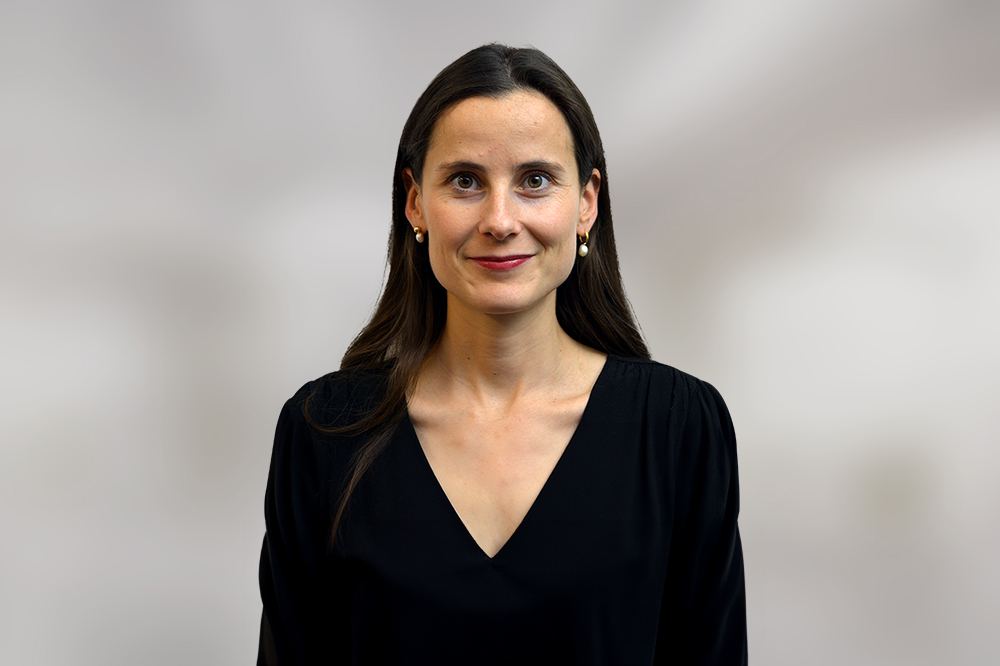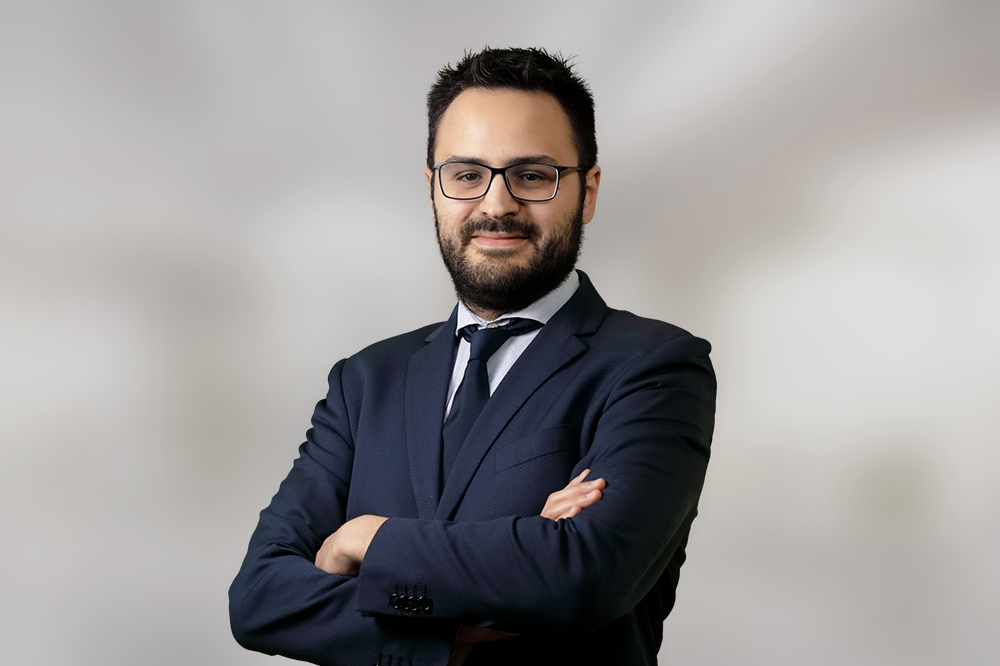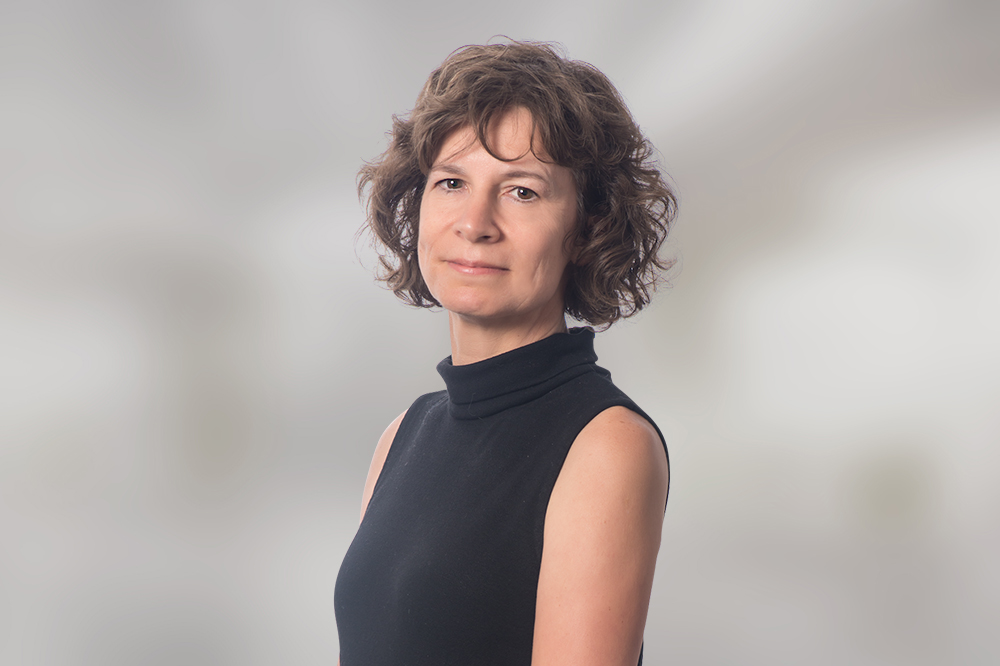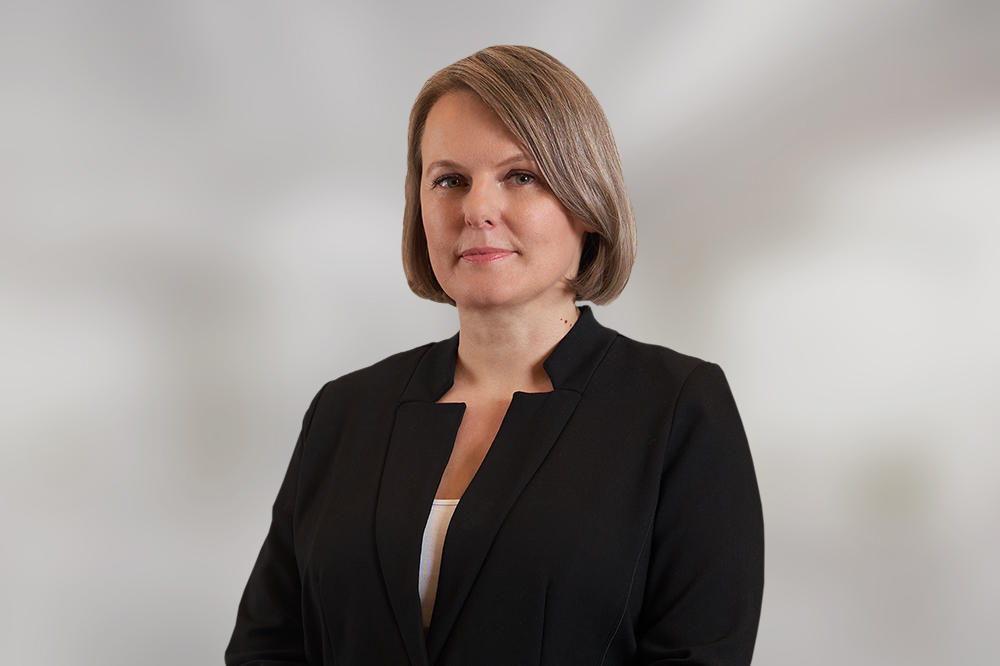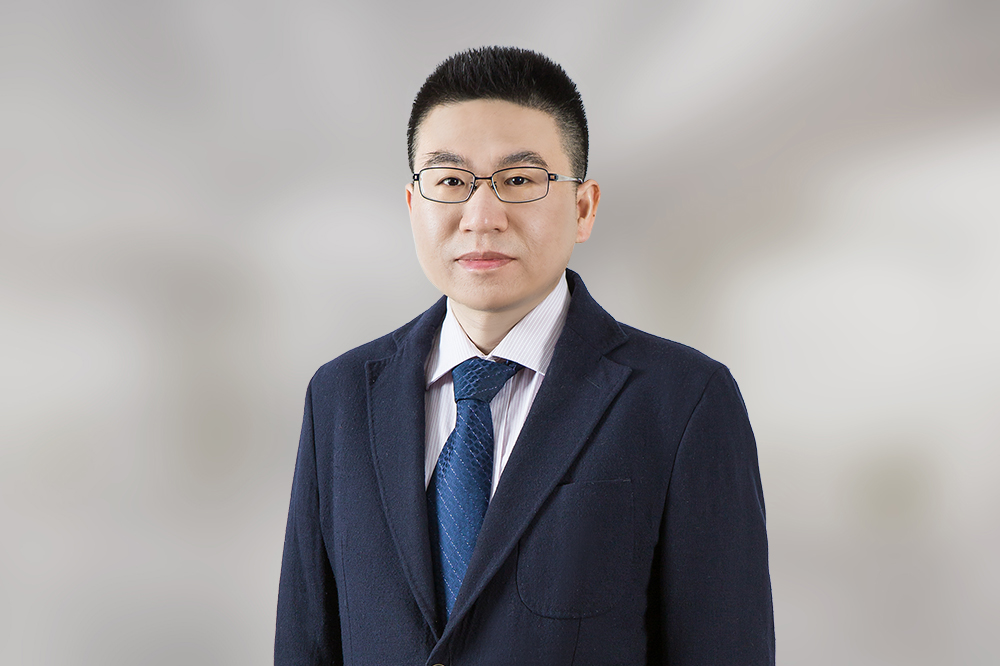From medical microrobots to patient digital twins to generative AI for the creation of synthetic health data, we take a look at the next wave of tech innovations creating opportunities and challenges for healthcare and life sciences in 2024 and beyond.
Gunnar Sachs, Partner, Co-Chair of the Clifford Chance Healthtech Group, says...
"In hardly any other industry is digitalisation progressing as fast and are new digital innovations facing such strict regulation as in the healthcare sector. Technically, a lot is possible today, starting with the use of AI in clinical research to remote-controlled cross-border high-precision interventions to scaling artificial (synthetic) health data and digital patient twins. However, all these new technologies still face considerable legal challenges in nearly all jurisdictions globally. Innovators are therefore constantly required to keep abreast of all new legal developments in the fast-developing health-tech space."
Stephen Reese, Partner, Co-Chair of the Clifford Chance Healthtech Group, says...
"As AI, robotics, and uses of big (health) data continue to advance, new opportunities are emerging in healthcare delivery, personalised medicine and medical research. With this comes a need to navigate new digital regulations and other legal requirements beyond those specific to healthcare and life sciences. Strategic management of risk and protection of rights will also be key, particularly in relation to data and IP. "
Christine Kim, Associate in the Clifford Chance Healthtech Group, says...
"In the past the most advanced technological developments in the life sciences were often limited to more exclusive (and usually more expensive) uses. Today they are increasingly found in more common, accessible settings. This article highlights the next generation of digital health and healthtech, and as we explore its perils we also consider its promise to put us on a possible path to health equity. Given the pace of innovation, that path now looks closer than we've seen before."
 Clifford Chance
Clifford Chance


